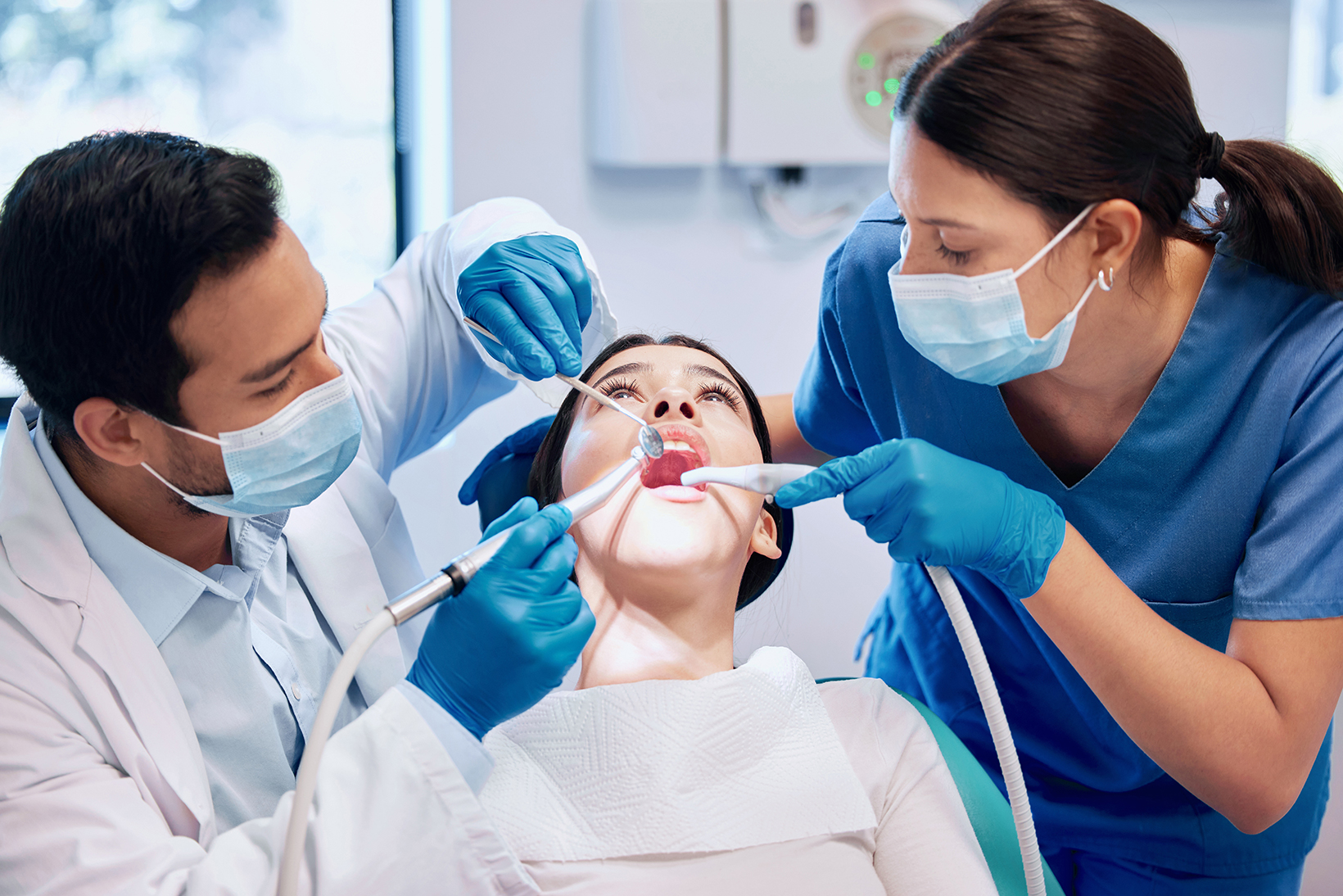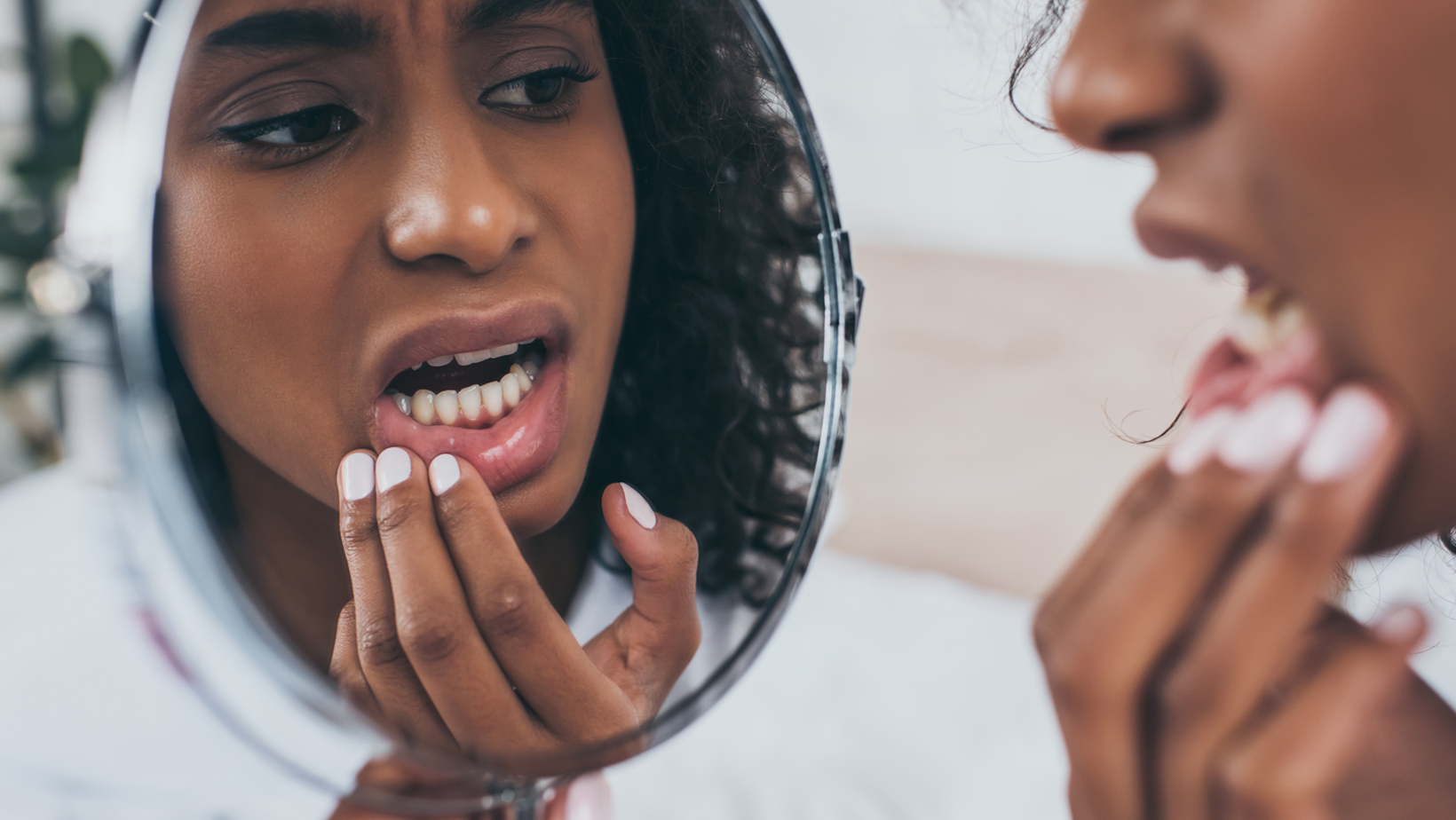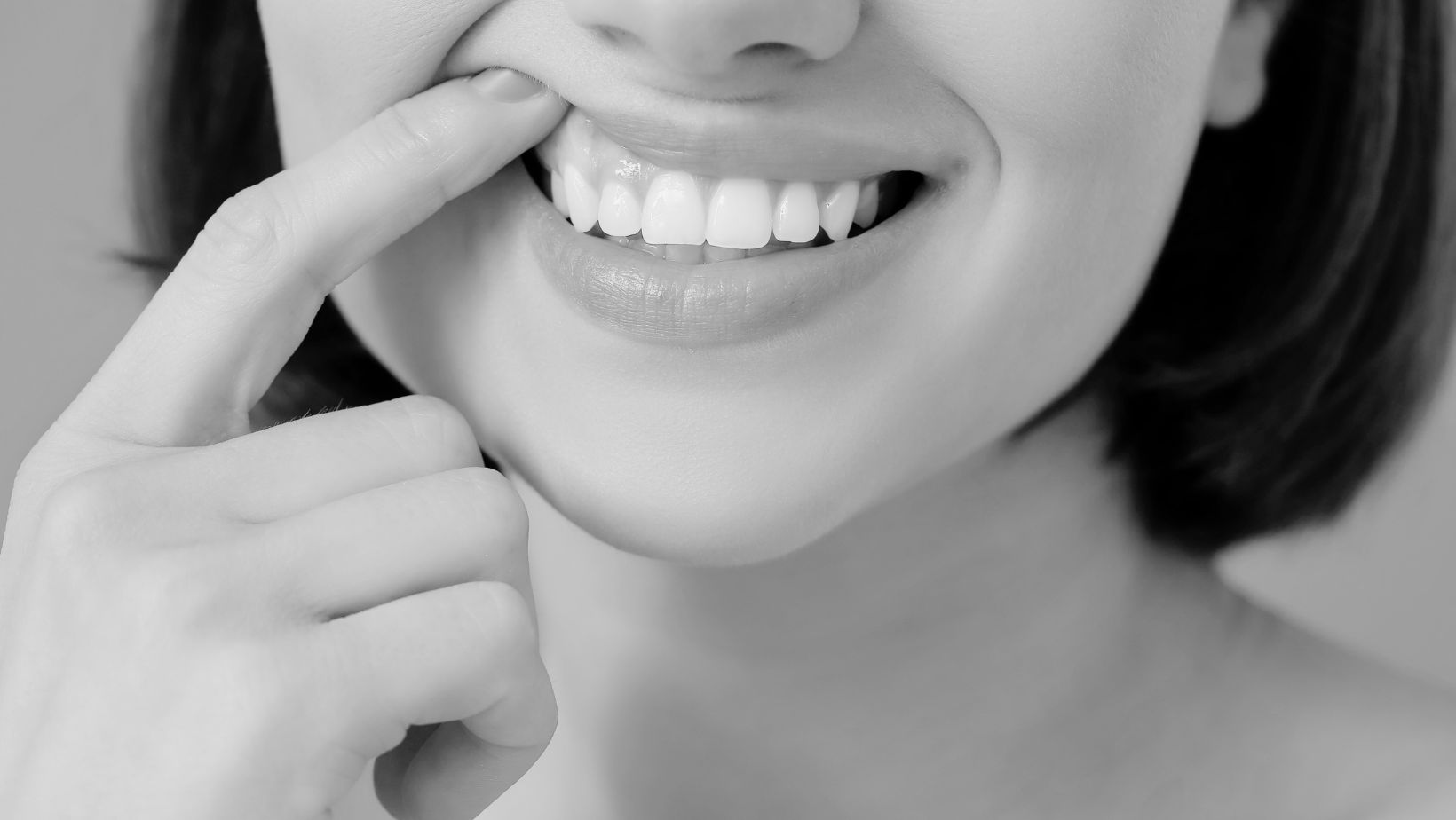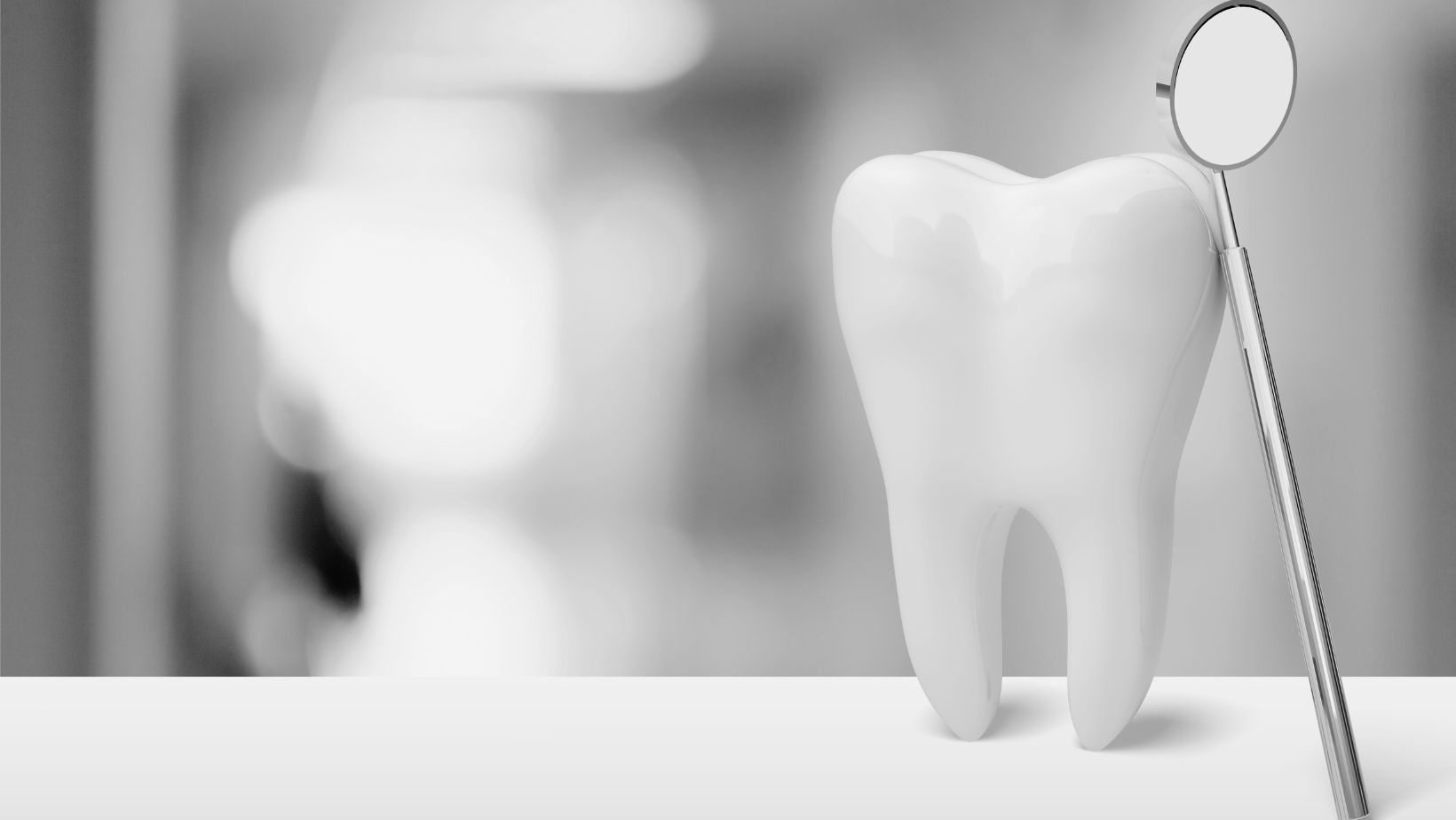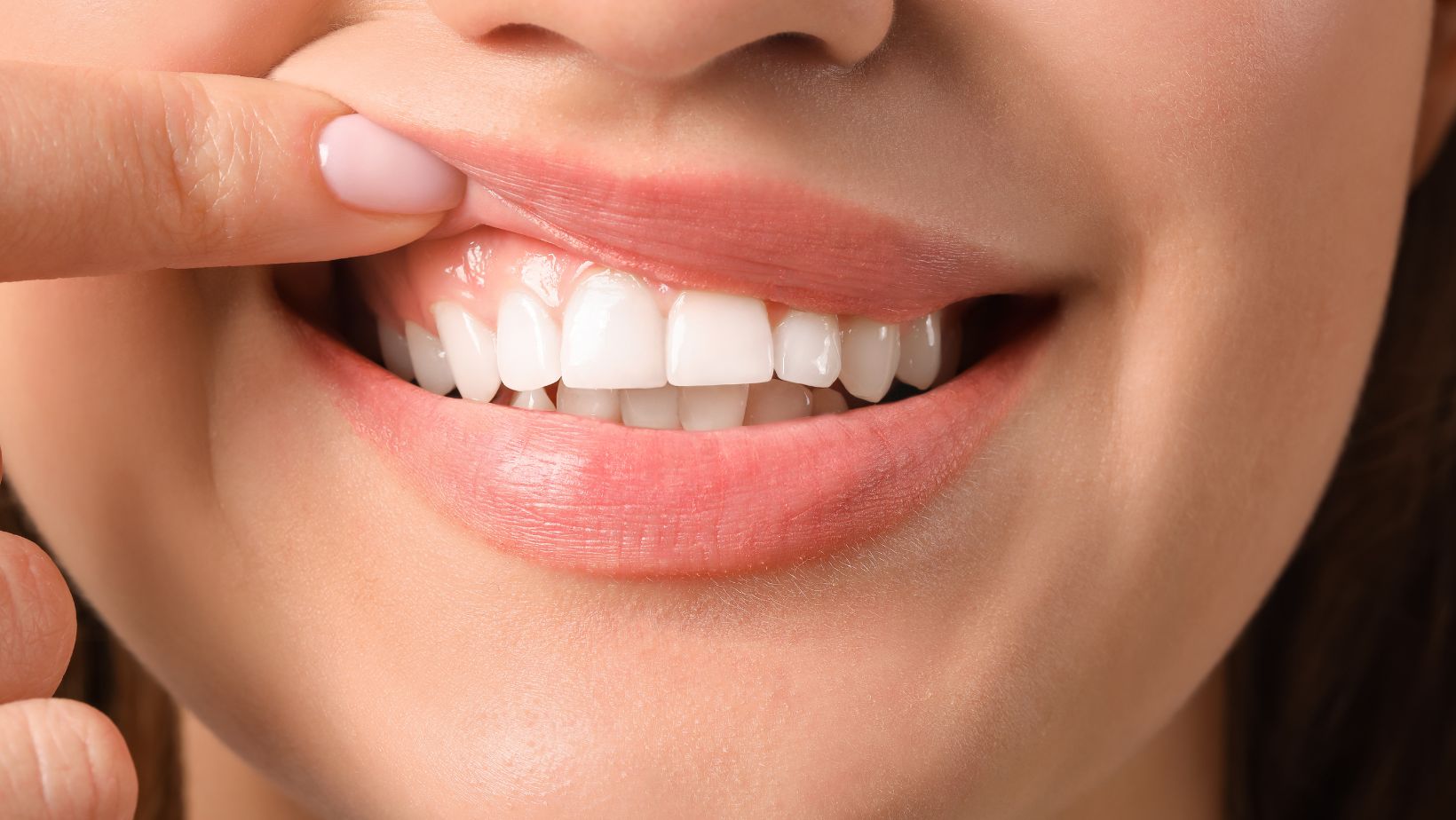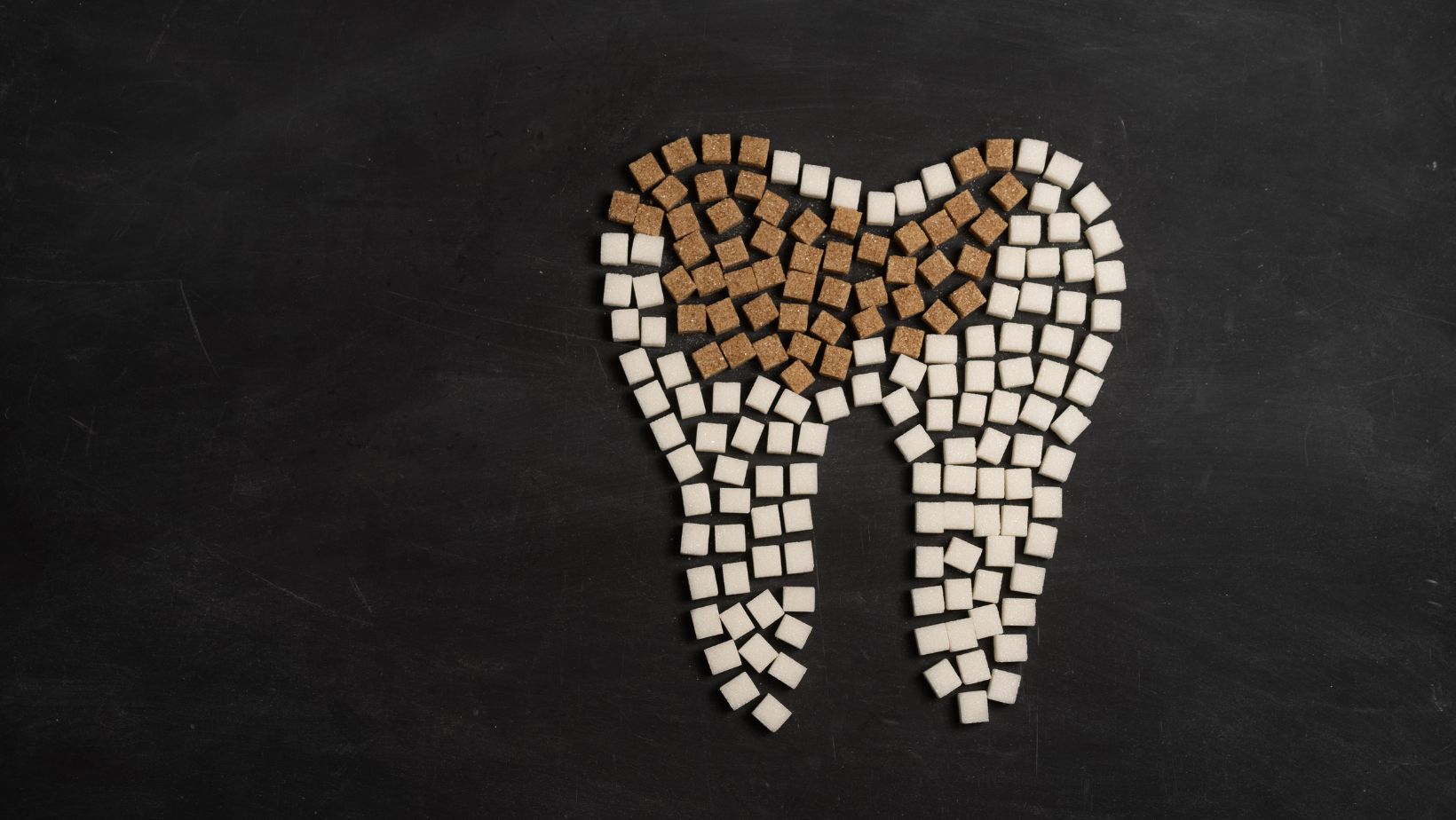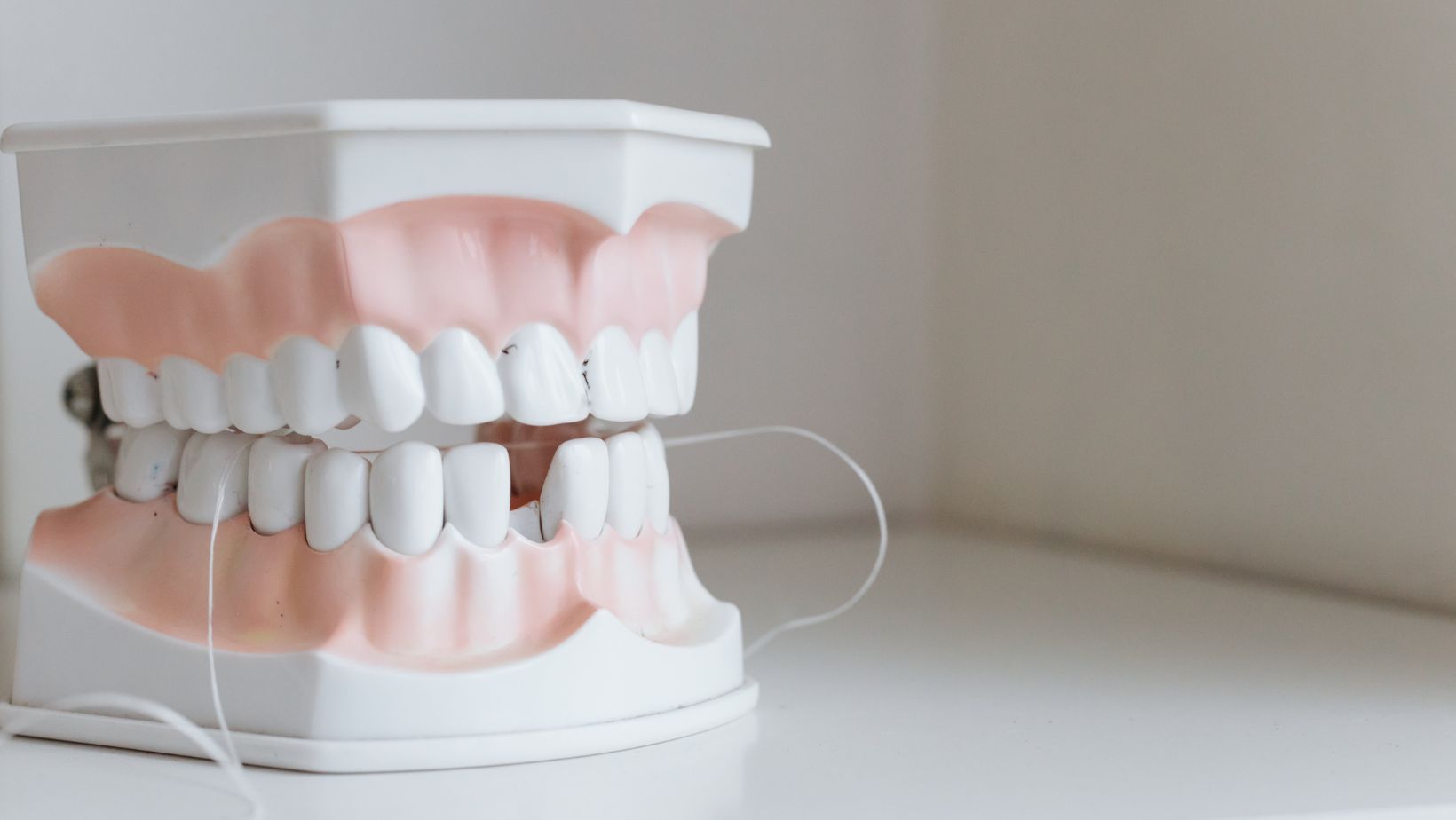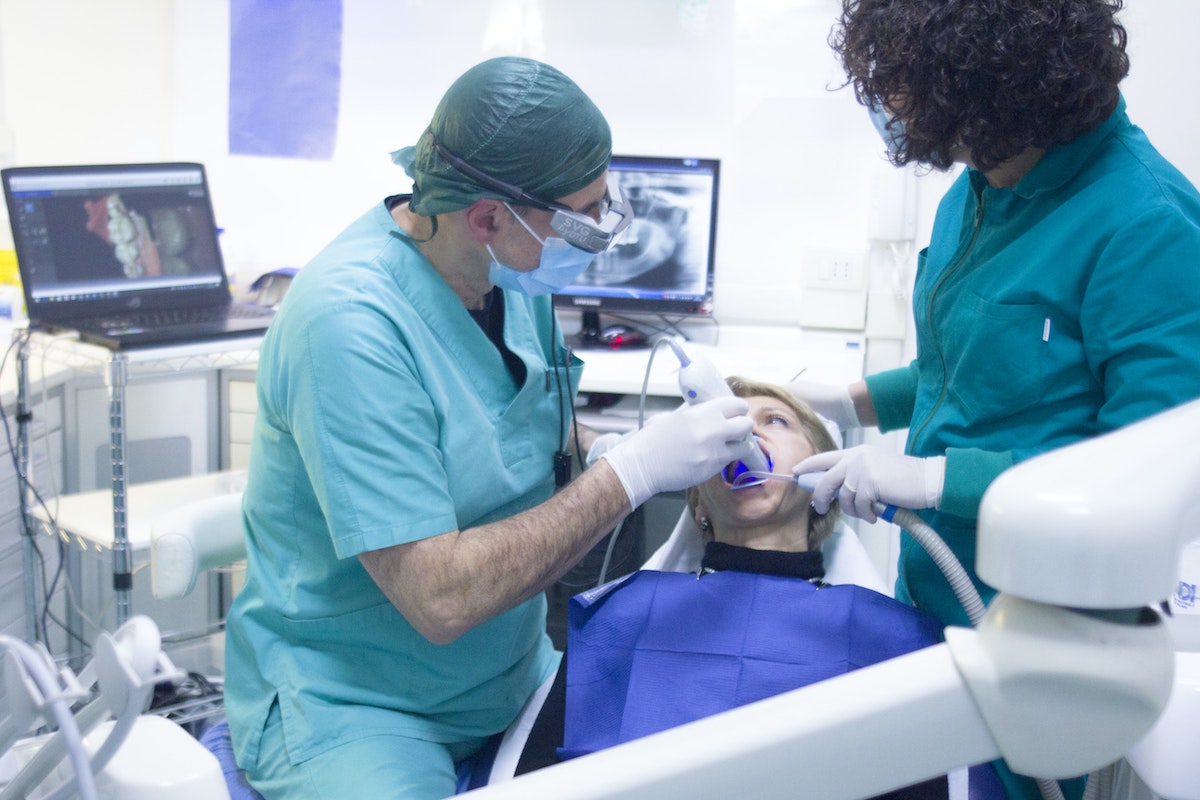Most people know about the importance of regular dental cleanings, but some people might be surprised when their dentist tells them that their regular cleaning isn’t enough and they need a deep teeth cleaning. They’ve come in for their allotted dental cleaning and no cavities are present, so why is this necessary? At first, deep...
Category: <span>Oral Health</span>
How to Fix Tooth Erosion
Everyone experiences some degree of tooth erosion over time. Learn how to identify, prevent, and repair more advanced enamel erosion that leads to decay.
Have a Bump on the Inside of Your Lip? Here’s When to Worry
A bump on the inner lip is not always cause for concern, but it can sometimes be a sign of a health problem. Know when to seek answers from a medical expert.
Is Gingivitis Reversible?
Gingivitis is the earliest stage of periodontal disease—also called gum disease. It shows up as redness, swelling, and irritation of the gum tissue. Is gingivitis reversible? Luckily, it is, but it’s important not to wait too long. Left untreated, gingivitis can lead to a much more serious condition called periodontitis, which can result in bone...
Diagnosed with Dental Necrosis? What it is, and How to Treat it
Have you been diagnosed with dental necrosis? This is a condition where the pulp tissue inside of a tooth dies. (It might also be called a necrotic tooth, which just means a “dead” tooth.) Signs that you might be experiencing dental necrosis include pain when biting down or sensitivity to hot or cold foods. A...
What Causes Receding Gums?
Tooth sensitivity is never a good sign when it comes to oral health. But if sensitivity is accompanied by a receding gum line, patients should definitely see a dentist. Not only can this condition lead to further pain and discomfort; the supporting tissue and bone structure could be compromised, causing loss of teeth. In some...
Are Cavities Inside Teeth Possible?
When most people hear the word “cavity,” they think of a hole or opening in the surface of a tooth. But is it also possible to have a cavity that starts on the inside of a tooth? The simple answer is that dental caries—commonly known as cavities—start on the outside of teeth. However, there are...
Home Mouth Sore Remedies–and When It’s Time to See a Dentist
Whether a mouth sore pops up inside the cheek, under the tongue, or on the lip, it is never a pleasant experience. Luckily, there are multiple at home remedies for mouth sores that can reduce pain and speed the healing process – allowing you to get back to eating, drinking, and swallowing more comfortably. While...
How Missing Teeth Affect Your Face
According to the American College of Prosthodontists, more than 120 million people in the United States are missing at least one tooth. Whether they are knocked out or lost due to decay, missing teeth pose a number of problems besides just looking bad. It might be harder to eat or speak clearly with a missing...
What Happens to Your Teeth After a Deep Cleaning?
Dentists suggest that patients have their teeth cleaned by a dental hygienist twice a year to remove plaque that can cause cavities. Deep cleaning also removes plaque, but is a more extensive procedure. It is only recommended only for people experiencing symptoms of gum disease, also known as periodontitis. Gum disease is an infection of...


